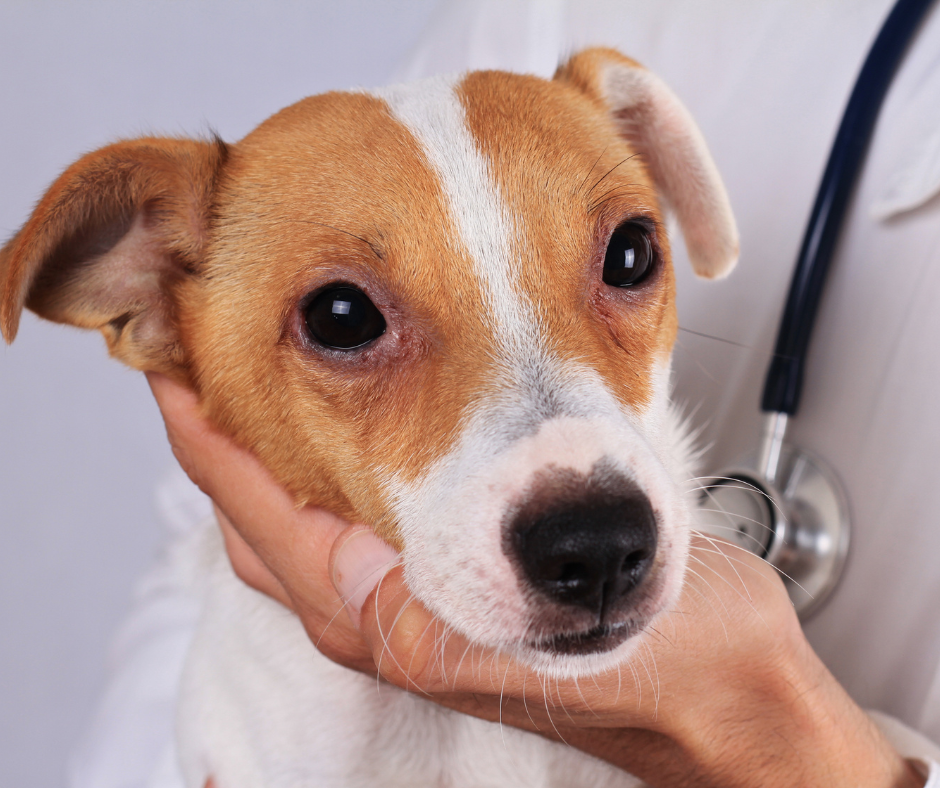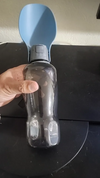Food allergies can affect your dog's health and well-being. Recognizing them is the first step to ensuring a happy and healthy life for your four-legged friend. In this article, we'll explore the signs and symptoms of food allergies in dogs and provide helpful tips for managing them.
Signs of Food Allergies
Food allergies in dogs can manifest themselves in a variety of ways. Itching, redness, gastrointestinal upset, and respiratory problems are common indicators. Observe your dog's behavior carefully to spot any changes.
Identifying Responsible Food
Determining which food is causing the allergy can be challenging. Gradually introduce new foods into your dog's diet, carefully observing reactions. A food diary can help you pinpoint the culprit.
Consult the Veterinarian
If you suspect a food allergy, consult your veterinarian. Clinical examination and specific tests can identify allergens. A personalized management plan will ensure effective treatment.
Elimination Diets
Your vet may recommend an elimination diet, which involves gradually eliminating certain foods. This process helps identify the allergen and establish a safe diet for your dog.
Dietary Options
Explore commercial food options designed for dogs with allergies. Many brands offer hypoallergenic or limited-ingredient foods to reduce the risk of adverse reactions.
Supplements and Natural Remedies
Supplements such as omega-3 fatty acids can help improve skin health and reduce inflammation. Some natural remedies, such as oats or local honey, may also be beneficial.
Healthy Lifestyles
A healthy lifestyle is essential for dogs with allergies. Maintain regular exercise routines, provide an allergen-free environment, and follow your veterinarian's recommendations to ensure your furry friend's overall well-being.
Practical Advice
Gradually eliminate problem foods, avoid human foods that may be harmful, and carefully follow the management plan recommended by your veterinarian.
Recognizing and addressing food allergies can significantly improve your dog's quality of life. Always remember to work with your veterinarian to ensure appropriate and personalized treatment for your faithful friend.







Share and get 15% off!
Simply share this product on one of the following social networks and you will unlock 15% off!